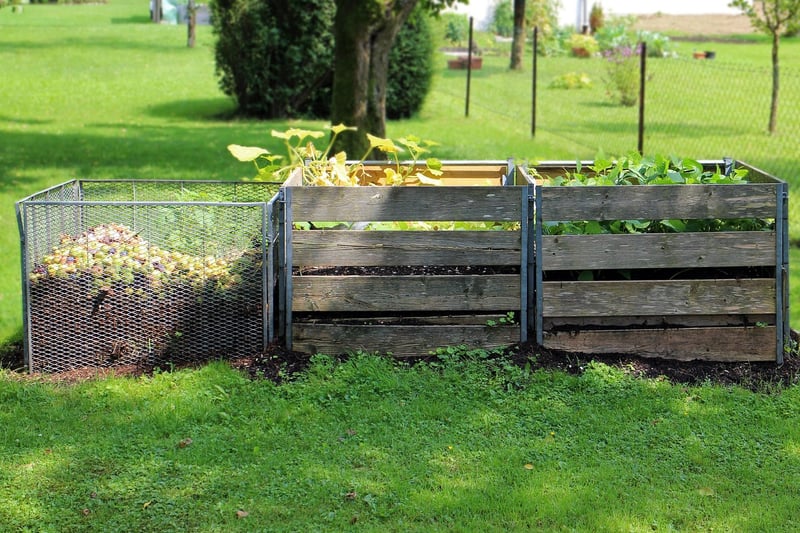DIY Composting Techniques
Maintaining Healthy Soil for Plants + DIY Composting Techniques
The Importance of Healthy Soil for Plant Growth
Healthy soil is the foundation for successful plant growth. It provides essential nutrients, supports root development, and helps retain moisture. By maintaining healthy soil, you can ensure that your plants thrive and produce abundantly.
Tips for Maintaining Healthy Soil
- Regularly test your soil to determine its pH level and nutrient content.
- Add organic matter such as compost, manure, or mulch to improve soil structure and fertility.
- Rotate crops to prevent nutrient depletion and reduce the risk of pests and diseases.
- Avoid over-tilling, which can disrupt the soil structure and harm beneficial microorganisms.
- Practice water conservation techniques to prevent soil erosion and maintain soil moisture.
DIY Composting Techniques
Composting is a simple and cost-effective way to recycle kitchen scraps and yard waste into nutrient-rich soil amendment. Here are some DIY composting techniques you can try:
1. Bin Composting
Use a compost bin or container to hold your compost materials. Layer green (nitrogen-rich) and brown (carbon-rich) materials to create a balanced compost pile. Turn the compost regularly to aerate it and speed up the decomposition process.

2. Vermicomposting
Start a worm composting system using red worms to break down organic matter. Worms help accelerate the composting process and produce nutrient-rich worm castings, also known as vermicompost.

3. Trench Composting
Dig a trench in your garden bed and fill it with organic waste. Cover the waste with soil to accelerate decomposition. This method enriches the soil directly where plants need nutrients.

By following these tips for maintaining healthy soil and practicing DIY composting techniques, you can create a thriving garden that benefits both your plants and the environment.
